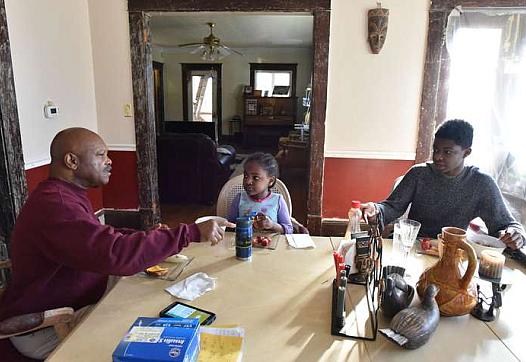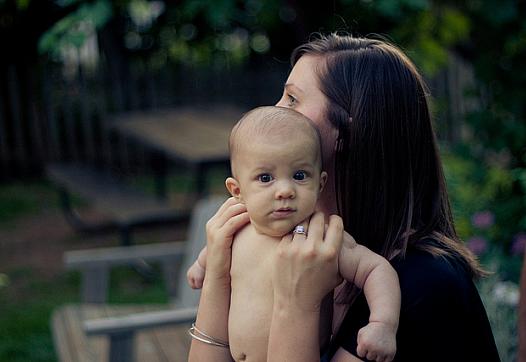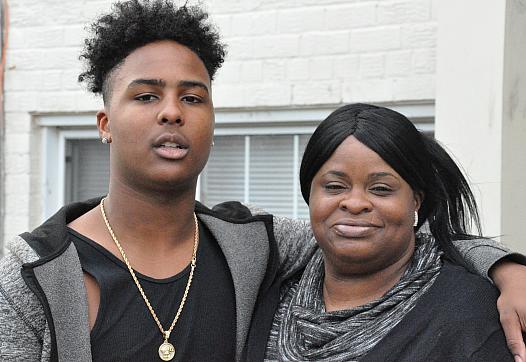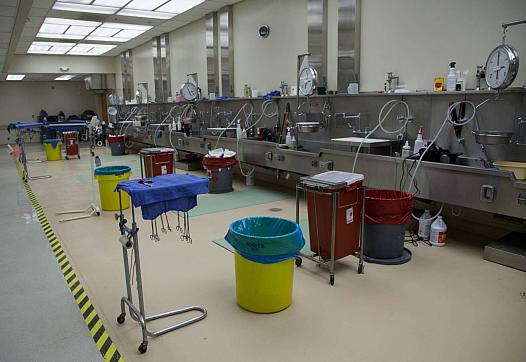
A look at what happens to children who've lost parents to death, mental illness, addiction and other causes yielded some notable lessons for one reporter.

A look at what happens to children who've lost parents to death, mental illness, addiction and other causes yielded some notable lessons for one reporter.

Amid rising awareness of maternal depression's harmful effects on children, CMS is telling states they can bill mom's screening and treatment to the child's Medicaid coverage.

“We were really struck by the fact that people were incredibly acute in their need,” a disability rights attorney said after touring Sonoma County's main jail. “Higher than we’ve seen in units that are licensed designated hospital units. Something was wrong here.”

"Finding women who would be candid about their stories of abuse was incredibly difficult," writes The Atlantic's Olga Khazan, whose fellowship series explored interventions designed to curb child abuse.

Journalist Lottie Joiner recently set out to explore what happens to young African American men who don't have a father present in their lives. Here she reflects on some of the lessons she learned along the way.

In Asian American families, where the subject of sex is particularly taboo and parents may lack sex education themselves, discussions about sex are less likely to happen. Reporter Thy Vo set out to document the consequences for young Asian Americans.

“He just gets mad. He gets really, really angry,” says Kecia Brighthaupt, referring to her 15-year-old son Jamari. “It would be a big difference in his behavior and certain things he does if his dad was more involved and hands on.”

"It’s around 10 p.m. when I call a crisis worker for victims of domestic violence in remote Northern California," writes reporter Emily Cureton. "I’m panicking, 150 miles away in Oregon. I’m really afraid someone is going to get hurt tonight."

California’s jails were built to hold inmates for relatively short sentences — usually just a few months. But now local law enforcement is grappling with how to hold offenders for long periods of time, which is having an impact on mentally ill inmates.

Why is mental health so walled off from the rest of the health care system, even when statistics show that 18 percent of all adults have some kind of mental illness? And weren't federal parity requirements supposed to fix this?